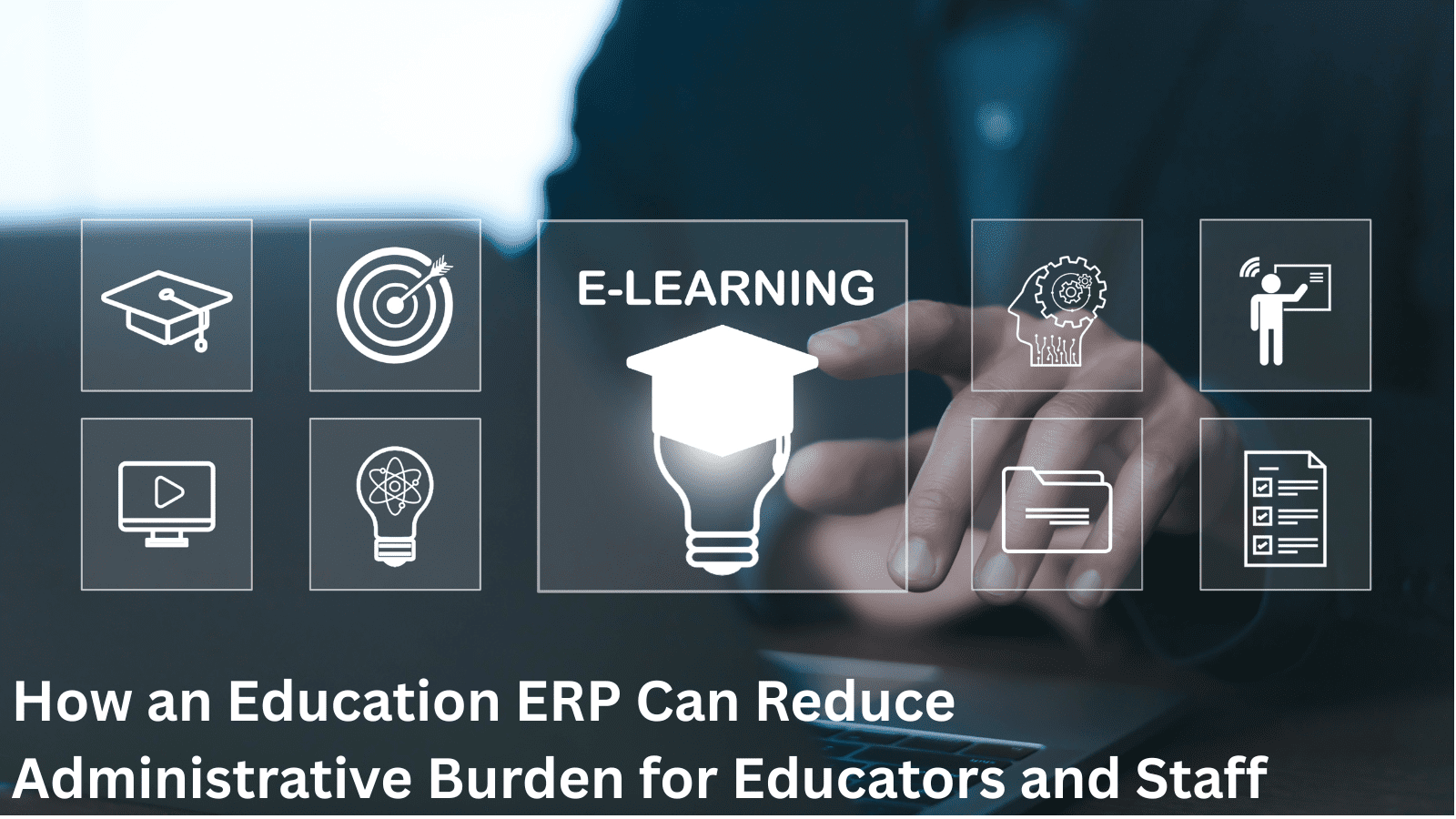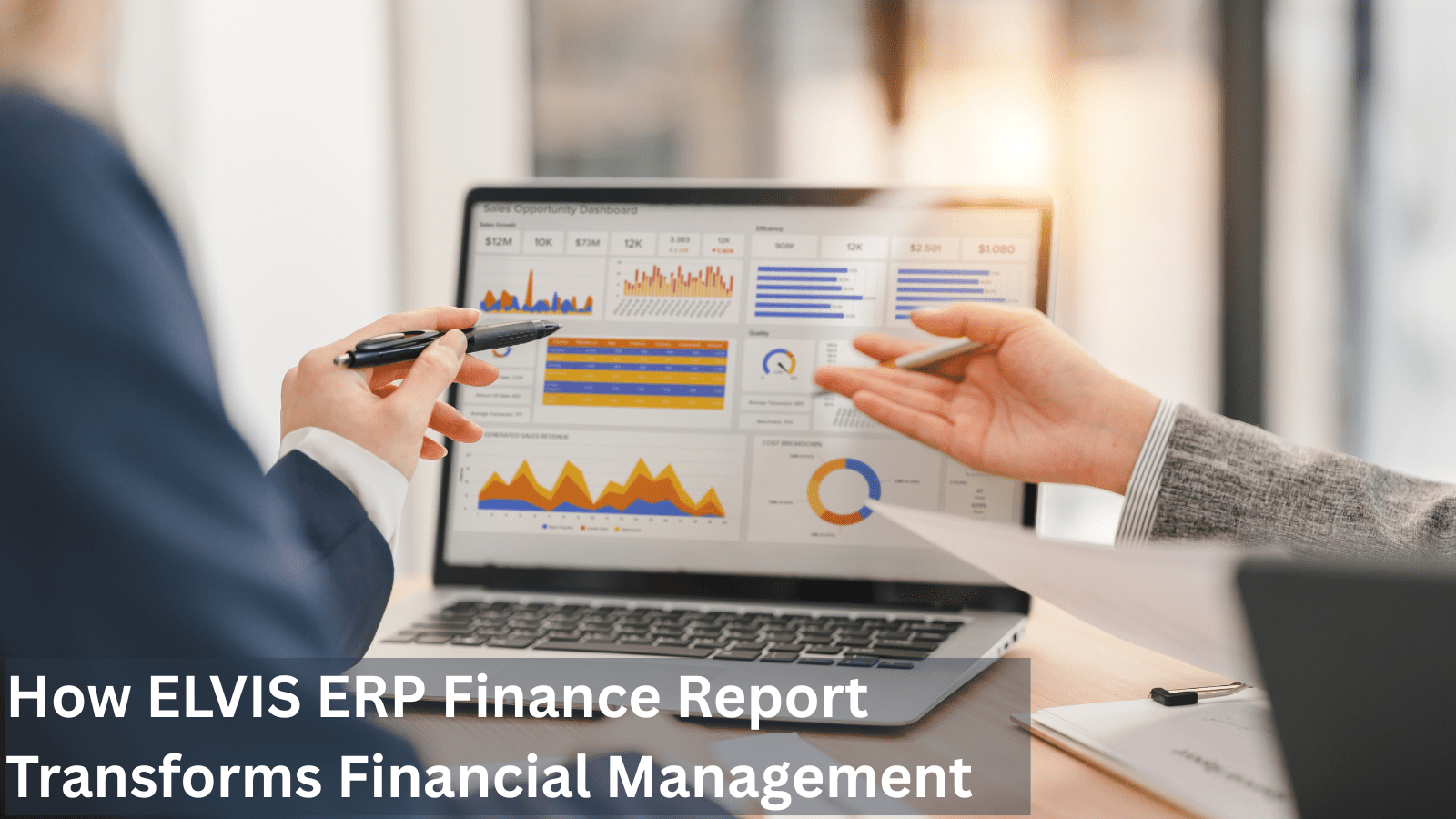Introduction
ERP, or Enterprise Resource Planning, software is often thought of as a complex back-office system for giant corporations. But the truth is, ERP systems are surprisingly versatile and can benefit businesses of all sizes. Here are 10 surprising facts about ERP that might just change your mind about this powerful software.
10 Surprising Facts About ERP
Birthplace of Manufacturing: Believe it or not, the origins of ERP can be traced back to the 1960s and a need for manufacturers to better manage materials. MRP (Material Requirements Planning) systems were the early forerunners of ERP, helping plan production schedules based on inventory levels and forecasted demand.
Not One Size Fits All: ERP isn’t just for giant corporations. There are ERP solutions for businesses of all sizes, from startups to multinational enterprises. In fact, the rise of cloud-based ERP has made these systems more accessible and affordable for even small businesses.
Cloud Champion: Cloud-based ERP is rapidly becoming the preferred choice for businesses. It’s easier to implement, maintain, and offers greater scalability. Cloud ERP eliminates the need for expensive upfront hardware and IT infrastructure, and businesses can pay for the resources they use, making it a more cost-effective option.
Mobile Marvel: Forget clunky desktop interfaces. Modern ERP lets you access crucial data and functionalities from your phone or tablet, keeping you connected on the go. This allows managers to monitor operations, approve invoices, or check inventory levels from anywhere with an internet connection.
AI Assistant: ERP is getting smarter. Artificial intelligence is being integrated into some systems to automate tasks, predict trends, and even offer business process recommendations. For example, AI can analyze sales data to forecast future demand or identify potential supply chain disruptions.
Security First: Security is a top priority for ERP vendors. These systems are constantly being updated to protect your sensitive business data. ERP systems typically employ role-based access controls, encryption, and regular security audits to safeguard your financial information, customer data, and intellectual property.
Happy Customers: Studies show that businesses that implement ERP effectively experience increased customer satisfaction due to improved efficiency and communication. ERP streamlines processes like order fulfillment and inventory management, leading to faster delivery times and fewer errors. Additionally, better data visibility allows for improved communication with customers regarding order status or product availability.
Cost Savings Champion: While there’s an initial investment, ERP can significantly reduce costs in the long run by streamlining processes, minimizing errors, and optimizing inventory management. ERP can automate repetitive tasks, eliminate data silos that lead to errors, and provide real-time insights to optimize inventory levels, all of which contribute to cost savings.
Environmental Hero: ERP can play a role in your sustainability efforts. Features like better production planning and inventory control can lead to less waste. By optimizing production schedules and material usage, ERP can help minimize excess inventory and production byproducts that end up in landfills. Additionally, some ERP systems offer features for tracking energy consumption and waste generation, allowing businesses to identify areas for improvement.
The Future is ERP: As businesses become more data-driven and interconnected, ERP is expected to play an even greater role in optimizing operations and driving growth. The Internet of Things (IoT) and Big Data integration with ERP will unlock further potential, allowing for real-time data analysis and even more automated processes.
Conclusion
So, the next time you hear about ERP, remember these surprising facts. It might just be the secret weapon your business needs to thrive in today’s competitive landscape. ERP systems can not only improve efficiency and cut costs, but also keep you adaptable and competitive in a constantly evolving business environment. With the rise of cloud-based solutions and ever-increasing functionalities, ERP is becoming more accessible and beneficial for businesses of all sizes. By understanding the potential of ERP and carefully considering your options, you can leverage this powerful technology to take your business to the next level.
Frequently Asked Questions (FAQs)
Is ERP too complex for my small business?
Not anymore! Cloud-based ERP solutions are scalable and user-friendly, making them a viable option for businesses of all sizes.
How much does ERP cost?
Costs vary depending on the size and features of the system you choose. Cloud-based solutions often come with subscription fees, while traditional on-premise deployments require a larger upfront investment.
How long does it take to implement ERP?
Implementation timelines vary depending on the complexity of the system and your business needs. Cloud-based solutions are generally faster to implement than traditional on-premise systems.
What benefits can I expect from ERP?
Improved efficiency, reduced costs, better data visibility, enhanced customer satisfaction, and improved decision-making are just some of the benefits businesses experience with ERP.
Is ERP secure?
Security is a top priority for ERP vendors. So ERP systems have robust security features like role-based access controls and encryption to protect your data.
What are some of the latest trends in ERP?
Cloud-based ERP, artificial intelligence integration, mobility, and a growing focus on user experience are some of the key trends shaping the future of ERP.








